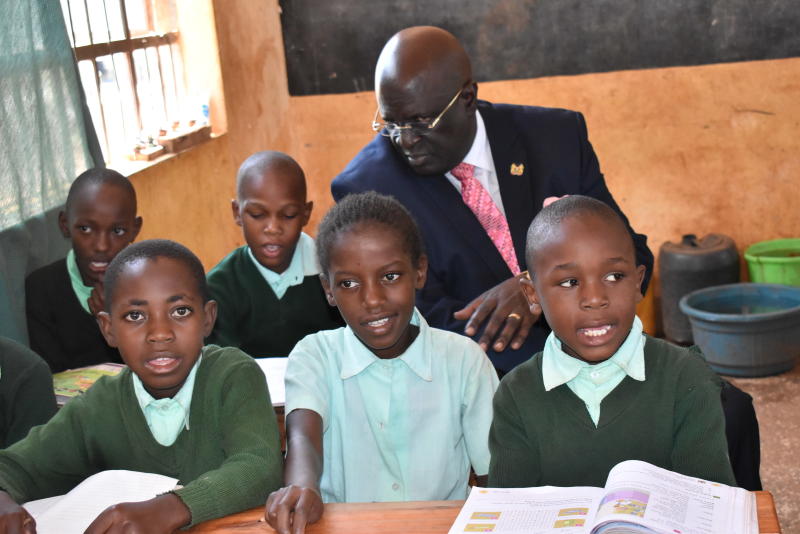×
The Standard e-Paper
Stay Informed, Even Offline

New rules to guide expansion, upgrade and construction of schools have been developed, Education Cabinet Secretary George Magoha has announced.
Prof Magoha said the new guidelines will be the point of reference for all stakeholders during implementation of the Competency Based Curriculum (CBC) at various basic education levels.